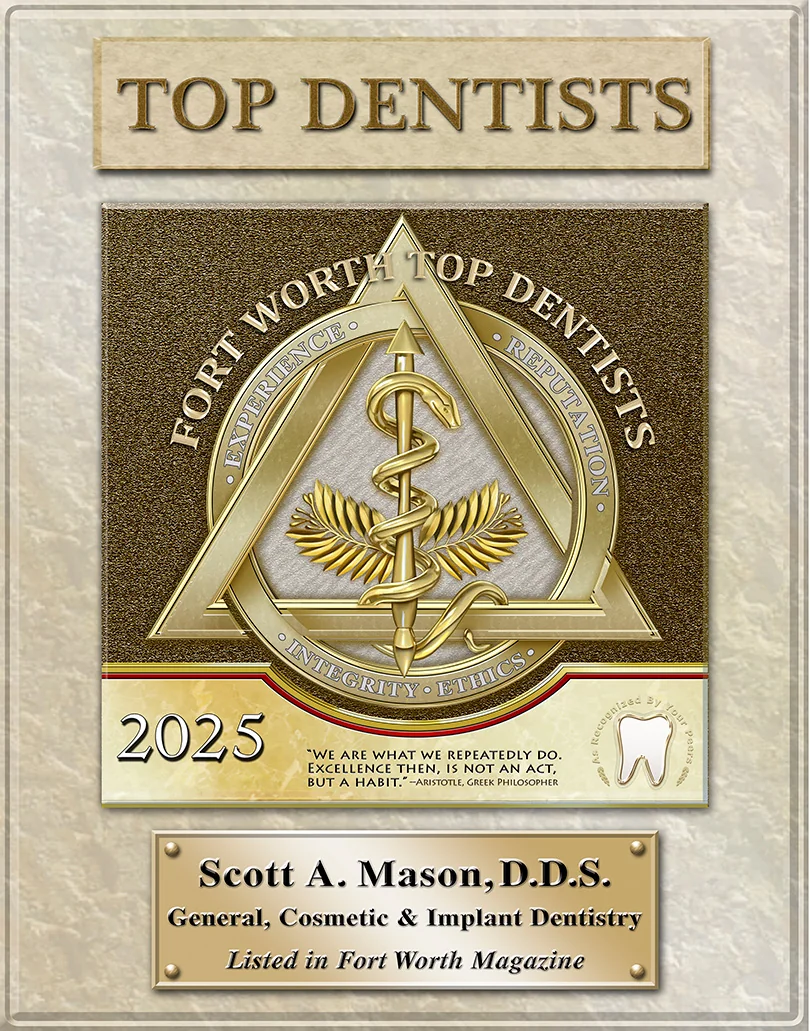 Many patients don’t realize that untreated sleep apnea can be the root cause behind persistent fatigue, brain fog, low mood, and generally feeling drained.
Many patients don’t realize that untreated sleep apnea can be the root cause behind persistent fatigue, brain fog, low mood, and generally feeling drained.
Why You Feel Drained
Disrupted Sleep Cycles from Sleep Apnea
With obstructive sleep apnea, repeated airway blockages—known as apneas and hypopneas—fragment your natural sleep architecture. These interruptions significantly diminish deep restorative N3 (deep non‑REM) and REM sleep, replacing them with lighter, less rejuvenating stages. That means you spend more time tossing between stages instead of getting the deep rest your body and brain need.
Oxygen Dips and Micro‑Awakenings
Each apnea event often causes brief drops in blood oxygen. These dips trigger reflex awakenings—often only a few seconds long—known as micro‑arousals. Though you may not remember them, they prevent your brain from reaching or remaining in truly restful sleep. Over the night, these repeated disturbances leave you unrefreshed in the morning.
Daytime Fatigue, Mood & Cognitive Impacts
As a result of fragmented sleep and oxygen deprivation, many patients wake up experiencing chronic fatigue, brain fog, irritability, and poor alertness. Attention, memory, problem-solving, and decision-making become slower and less accurate; sleep apnea sufferers often tend toward low-effort tasks simply because thinking clearly feels harder.
Metabolic & Health Consequences
Sleep apnea triggers a cascade of physiological stress: intermittent hypoxia, elevated sympathetic nervous system activity, inflammation, and hormonal disruptions. These contribute to higher blood pressure, impaired glucose metabolism, insulin resistance, and broader metabolic syndrome issues. Over time, these changes deepen fatigue and erode overall health and endurance.
What Better Sleep Feels Like
Enough Hours and Uninterrupted Deep Rest
When sleep apnea is effectively treated—such as with an oral appliance—the body can transition through full sleep cycles, including restorative deep (N3) and REM sleep stages. That means actual restorative rest instead of fragmented sleep. The result? True sleep duration leads to vitality, not simply being in bed longer.
Improved Daytime Alertness, Decision-Making, Resilience & Productivity
Better sleep equals sharper brain function and emotional balance. Studies consistently show that, with oral appliance therapy, patients experience improvements in cognitive performance—working memory, vigilance, executive functioning—all significantly better after 6 months of treatment. Patients report waking up energized, more focused at work, and better able to handle stress. Enhanced sleep quality supports mood stability and daily efficiency by reducing fatigue and bolstering mental clarity.
How Oral Appliance Therapy Helps
Preventing Airway Collapse for Deep, Uninterrupted Sleep
Oral appliance therapy works by gently shifting the lower jaw and tongue forward during sleep. This repositioning prevents the collapsing of the airway, the primary cause of obstructive sleep apnea.
Reducing Apneas & Oxygen Interruptions
With proper jaw positioning, oral appliances significantly reduce both the number and severity of apnea and hypopnea events, as reflected in improvements to the apnea‑hypopnea index (AHI) and oxygen saturation levels. These reductions lead to fewer oxygen dips, fewer micro-awakenings, and fewer arousals—even if the patient doesn’t recall them. This smoother sleep experience fosters genuine recovery overnight.
Clinical Outcomes: A Better Days Start with Better Nights
Less Daytime Sleepiness
Studies show that patients using oral appliance therapy report significantly improved daytime wakefulness. Randomized controlled trials found substantial reductions in subjective sleepiness scales after just weeks of use—and improvements were comparable to CPAP in many cases, especially considering higher compliance rates with OAT.
Better Concentration & Cognitive Function
After six months of therapy, patients show measurable gains in alertness, vigilance, working memory, executive function, and psychomotor speed. These cognitive upgrades contribute to fewer brain fog episodes and sharper focus throughout the day.
Cardiovascular & Heart‑Healthy Benefits
Oral appliance use has been associated with modest but meaningful reductions in blood pressure—comparable in magnitude to CPAP. Even after just one month, studies documented drops in both systolic and diastolic pressure, supporting better cardiovascular risk profiles. Observational data suggest similar long-term outcomes between OAT and CPAP in cardiovascular mortality.
Elevated Mood & Emotional Well‑Being
In controlled trials, oral appliance usage is linked to improvements in mood scales, decreased fatigue, and increased energy levels. Patients report feeling more invigorated and psychologically resilient after consistent nightly use.
Ready to Sleep Better (No Mask Required)?
If you’re tired of CPAP struggles or sleepless nights and want a comfortable, evidence-based alternative—Oral Appliance Therapy at Best Sleep Today is designed for you.
- Begin with a complimentary consultation to learn if you’re a candidate
- We’ll handle custom fitting, titration, and follow-ups
- We help verify your insurance benefits before treatment begins
Take the first step toward restful, mask‑free nights and energized days. Schedule your complimentary sleep evaluation today, and reclaim your nights and your energy.




